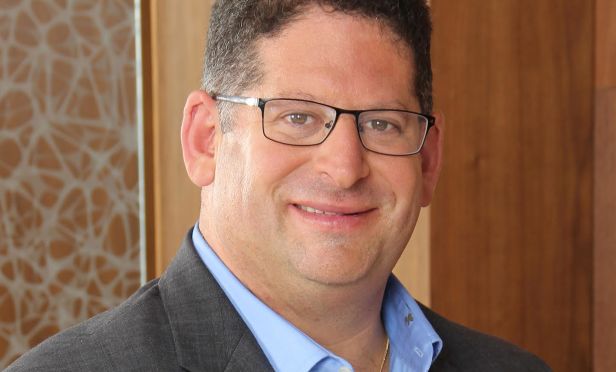
MIAMI—Property management companies are taking a new approach with residential real estate portfolios in the wake of Hurricane Irma. GlobeSt.com caught up with Paul Kaplan, managing director and cofounder of KW Property Management and Consulting, to get some insights in this exclusive interview.
GlobeSt.com: Right after a storm like Irma, what does the damage assessment process entail?
Kaplan: When assessing storm impacts, we are looking at three types of damage. There is minor damage, which can be fixed fairly easily. You also have damage that is big enough to require repairs and will come with a cost, but it would fall well under insurance deductibles.
Then there is major damage that would involve insurance claims. Of our entire portfolio, we only had four or five properties where the damage would exceed the deductible.
Irma was a unique storm in that the damage incurred fell in the middle of those categories. It certainly could have been a lot worse for Florida and the Southeast based on what was being forecasted in the week leading up to the storm hitting us.
(Check out these important commercial real estate lessons from Hurricane Irma.)
GlobeSt.com: This incredibly active hurricane season is proving to be a wake-up call and learning opportunity in Florida and beyond. What has your company been doing to make sure key lessons are learned and implemented going forward?
Kaplan: Following Irma, we have been holding seminars with our condo boards about financial planning for hurricanes and other significant weather and unforeseen events. Prudent management companies and boards have a line item in the budget for reserves—or a line of credit—to handle hurricane clean-up and related expenses. It is critical to have those funds available so it is not a shock to the financials of a building or community.
One important point for property managers and boards to understand is that landscaping is not covered by insurance. It is beneficial to have reserves in place for the clean-up of landscaping debris, which is always significant after a storm hits.
GlobeSt.com: Were you surprised by how many—or how few—of your condo boards had hurricane-related funds already allocated in their budgets?
Kaplan: Including myself and co-founder Robert White, we have 11 CPAs in-house at KWPMC. That gives us a strong financial backbone and lends itself to proper financial planning at our properties. The majority of our properties have either the reserves needed or a line of credit.
The goal is obviously to get as close to 100% as possible before the next time we face a storm like this. If you look at all communities across South Florida, it's hard to say if most have a financial plan in place for these events.
At some places, there might have been a sense of complacency because we didn't have a major storm hit us directly since Wilma in 2005. It's human nature. This season has certainly been a wake-up call for the entire industry.
(Here's how technology is streamlining hurricane insurance claims.)
© 2025 ALM Global, LLC, All Rights Reserved. Request academic re-use from www.copyright.com. All other uses, submit a request to [email protected]. For more information visit Asset & Logo Licensing.







